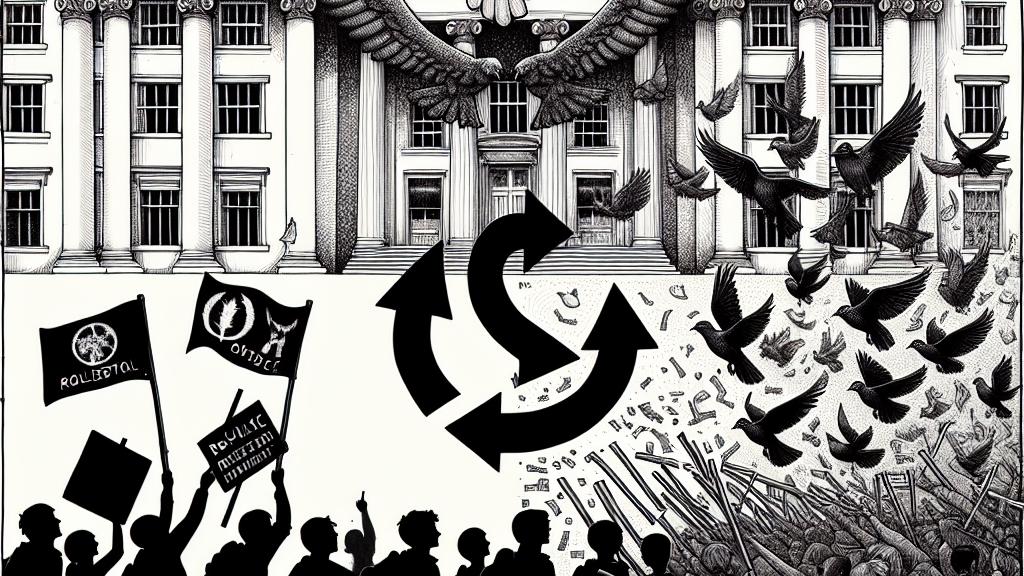Bangladesh Unrest: Student Leaders Freed Amid Deadly Protests!
Overview
- Six student leaders released amid deadly protests shaking Bangladesh.
- Civil service job quotas spark unrest, resulting in over 200 deaths.
- Government bans Jamaat-e-Islami, claiming incitement of violence.

The Background Behind the Protests
The protests erupting in Dhaka, Bangladesh, center around the contentious issue of civil service job quotas. Many students believe these quotas unfairly disadvantage certain segments of the population, leading to widespread discontent. The movement called Students Against Discrimination has spearheaded demonstrations advocating for reform. Unfortunately, these rallies, which began peacefully, turned violent due to heightened police presence and aggressive tactics, culminating in a tragic toll of over 200 lives lost. This period of unrest not only highlights the students' grievances but also serves as a significant moment of political turbulence during Prime Minister Sheikh Hasina's long tenure in office.
Government Actions and the Arrests
In response to the civil unrest, the Bangladeshi government initiated a forceful crackdown on dissent, leading to numerous arrests of student leaders. The six prominent figures who coordinated the quota protests were released following significant public pressure, signifying a potential shift in government strategy to ease tensions within the populace. Additionally, the government instituted a ban on the Jamaat-e-Islami party and its student faction, Islami Chhatra Shibir, accusing them of inflaming the protests. These actions underscore the administration's commitment to maintaining control and quelling opposition in an environment rife with civil agitation, particularly as the nation gears up for upcoming elections.
The Bigger Picture: Political Implications and Future Prospects
As Bangladesh approaches its pivotal elections in January, the current unrest reflects deeper political divides and public frustrations. The Bangladesh Nationalist Party (BNP) has escalated its demands for the establishment of a neutral caretaker government, arguing that the democratic process would be compromised under the current regime. In addition to political strife, economic hardship, including soaring inflation and a rising cost of living, intensifies the urgency for change. The risks of prolonged unrest loom large, suggesting that if citizens do not find effective channels for expressing their discontent, the likelihood of further violence and political instability may increase. This situation calls for urgent attention to both human rights and economic issues as Bangladeshi society seeks a path toward stability.

Loading...